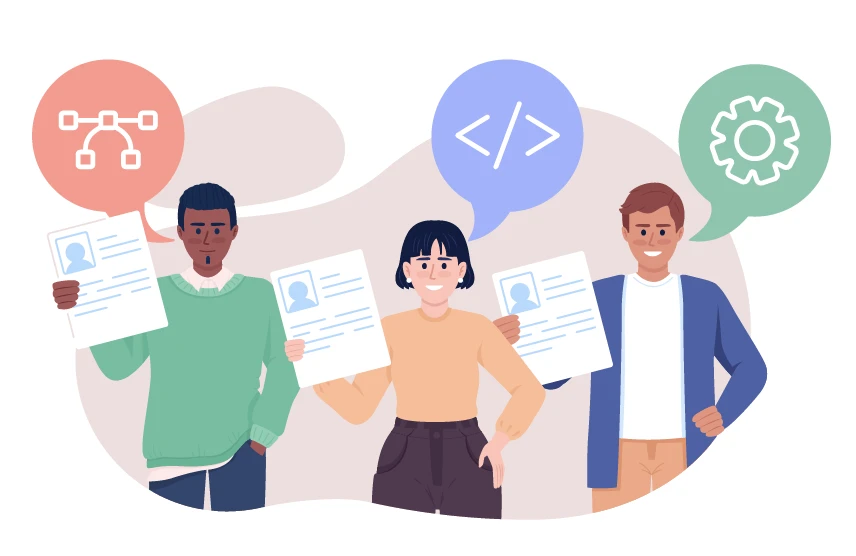Internships are vital for any college student seeking a job after graduation. During a recent live stream, we discussed the importance of internships with Dali O’Neill, internship coordinator at Wayne State College, and Alec Gettert, a University of Nebraska–Lincoln senior currently in an internship. Both strongly encourage college students to participate in as many internships as possible.
According to Dali, internships give students real-world work experience to complement what they are learning in the classroom. Even more importantly, internships help develop soft skills, such as communication, professionalism, teamwork, and workplace etiquette—all of which are transferable to any industry. Beyond that, internships help increase students’ self-confidence in discovering their true interests and skills.
Where do you start?
The real work should begin a student’s first year of college. Getting involved on campus and taking leadership roles whenever possible is important. Part-time jobs also help build a strong résumé.
Next, work with the career services center at your college to create a résumé that will stand out from the crowd. Dali recommends avoiding résumé templates like those found on Canva in favor of a clean and easy-to-read document. She also discourages including a photo to prevent potential discrimination. Realize that you will need to tailor your résumé for each job application. Use keywords from the job description in your resume because many businesses use AI to screen for them when reviewing incoming resumes.
Where can you find internships?
Finding an internship can feel overwhelming, so start early! Each internship will boost your confidence for the next position. Look online at LinkedIn, Google, Handshake, Indeed, and Zip Recruiter, and use your college’s career services office to find openings. Be sure to apply directly from the website, not through a third-party service, as your application will get noticed faster. Utilize connections that family and friends may have. Ask them to advocate on your behalf. Document your correspondence and completed applications to stay organized, as it’s common to apply for a variety of opportunities.
A student perspective.
Alec shared that his college internships helped determine which aspect of graphic design best suits his interests and skills. He had several internships in different industry paths and narrowed down where he would like to find full-time work.
What should I look for in an internship?
Look for companies interested in teaching you while on the job. Only consider paid internships; this is not a time to offer free labor. Your time is valuable, and you want your employer to see you as a contributing staff member. Dali suggests reading the full job description before starting an internship to ensure the position interests you and will help develop your skills. While there, ask a lot of questions. As Alec said, you don’t want to be the person who requires others to redo your work because you did not seek clarification on a project.
What can I expect on the job?
You will meet new people with different perspectives. It’s not always comfortable or easy, but lean into the internship and recognize your opportunity to work, network for future employment, and learn new industry skills.
Watch the livestream:
By Jeannine Phelan
